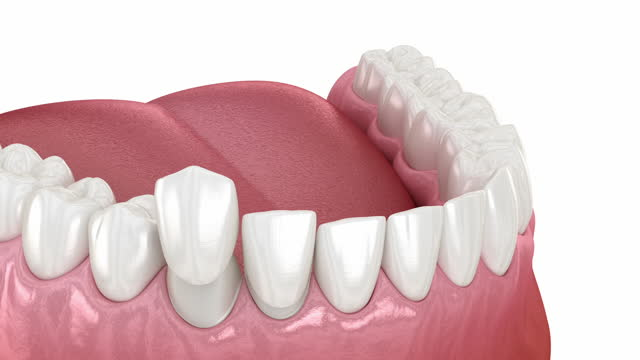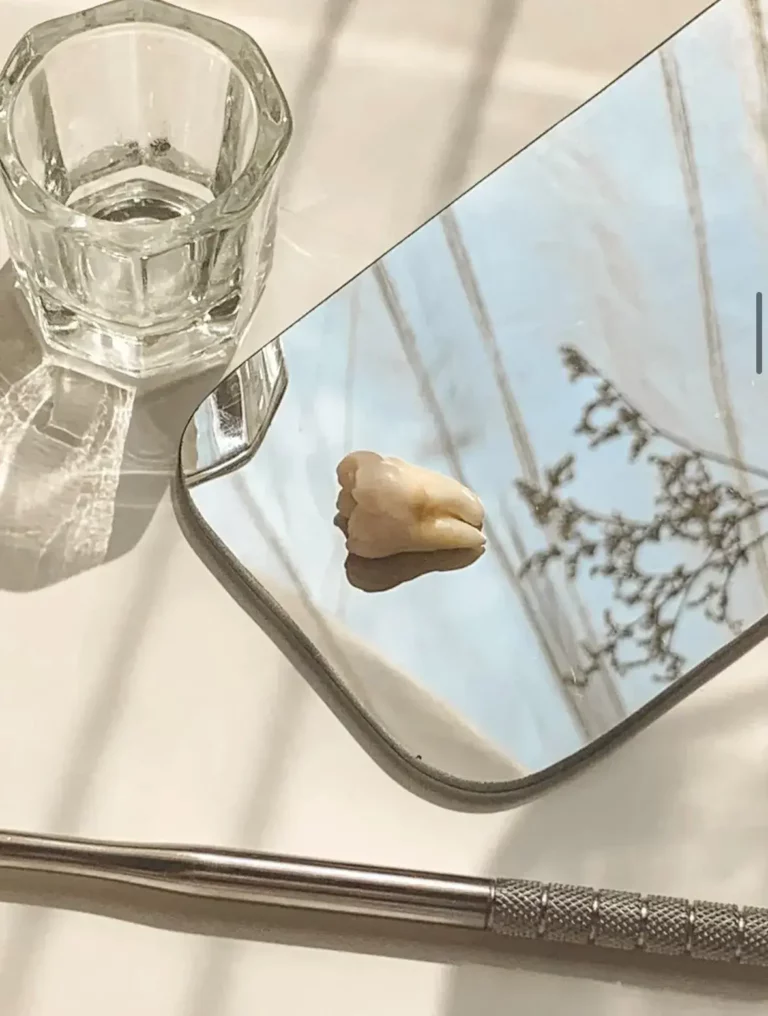
June 27, 2024

Have you ever wondered how long veneers last? Whether made of porcelain or composite resin, veneers are a popular choice for achieving flawless smiles. These thin shells conceal imperfections such as chips, cracks, discoloration, and misalignment.
But, similar to many other dental treatments, veneers aren't permanent. So, how long do they typically endure?
This extensive guide from Pleasanton Dental Care explores the lifespan of veneers, provides maintenance tips, and discusses potential issues. We'll also discuss alternatives and help you decide if veneers are the right choice for your dream smile.
Think of veneers as tiny, customized works of art for your teeth. Typically made from porcelain or composite resin, veneers are wafer-thin shells bonded directly to the front surface of your teeth. Veneers offer a fantastic solution for a variety of cosmetic concerns, including:
Veneers come in various shades to perfectly match your existing teeth, creating a natural-looking, uniform smile.
The two main types of veneers are porcelain and composite resin. Each has its own set of advantages and disadvantages:
They are known for their exceptional durability, stain resistance, and ability to mimic the natural light reflection of teeth. They are more expensive than composite veneers but can last significantly longer with proper care.
They are a more affordable option than porcelain veneers. One appointment is sufficient for their placement, and minimal tooth removal is required. However, they may chip or stain more easily and typically have a shorter lifespan than porcelain veneers.
On average, veneers can last anywhere from 10 to 20 years. However, this timeline is subject to change. Several factors can influence the lifespan of your veneers, which we'll explore in the next section.
Treat your veneers with the same care you give your natural teeth. Brush twice daily with a soft-bristled toothbrush and fluoridated toothpaste.
Use a gentle flossing technique to remove plaque and debris from between your teeth and around the veneer edges.
While you can still enjoy your favorite foods with veneers, be mindful of specific dietary choices. Avoid tough foods like hard nuts, candies, or ice cubes, which can chip or crack your veneers.
Limit sugary drinks and acidic foods that stain or weaken the bonding material.
Certain habits can put unnecessary stress on your veneers. Avoid using your teeth to open bottles, packages, or crack nuts. Refrain from chewing on hard objects like ice or fingernails.
If you clench or grind your teeth, talk to your dentist about wearing a nightguard to protect your veneers.
Schedule regular dental checkups and cleanings with your dentist every six months.
These appointments allow your dentist to monitor the condition of your veneers, identify any potential issues early on, and perform professional cleanings to remove plaque buildup that can compromise the bond between the veneer and your tooth.

While veneers are generally durable, some potential issues can arise over time:
Accidental bites, chewing on hard objects, or underlying tooth decay can cause veneers to chip or crack. If this happens, contact your dentist immediately for repair options.
Porcelain veneers are stain-resistant, but composite veneers can become discolored over time due to certain foods and beverages like coffee, red wine, or berries. Regular professional cleanings can help minimize staining, but in some cases, replacement might be necessary.
Over time, the bond between the veneer and your tooth can weaken due to wear and tear or poor oral hygiene. If a veneer debonds, it's crucial to see your dentist for reattachment to prevent further damage to the tooth.
Although veneers aren't indestructible, you can often repair or replace them depending on the problem.
Minor chips in porcelain veneers can sometimes be smoothed out with polishing. The dentist might need to bond a small piece of porcelain to the veneer for more significant damage. In severe cases, a complete replacement might be necessary.
If regular cleaning can't remove deep stains in composite veneers, replacement with new veneers might be the best course of action. Depending on the severity of the discoloration, your dentist might recommend other options.
Reattaching the veneer with a more potent bonding agent typically addresses debonding.
If you're considering cosmetic improvements for your smile but veneers aren't the ideal solution, there are alternative options to explore:
Dental bonding uses tooth-colored resin to repair chips, cracks, or gaps in teeth. It's a less invasive and more affordable option than veneers, but the material is less durable and may require more frequent touch-ups.
Zoom teeth whitening is worth it and a popular choice for smile enhancement that focuses solely on brightening discolored teeth. This in-office procedure uses a concentrated whitening gel and light activation to achieve dramatic results in a single appointment.
However, it's important to note that whitening treatments don't address chips, cracks, or misalignment.
In general, porcelain veneers can range from $1,000 to $2,000 per tooth, while composite veneers typically cost between $400 and $800 per tooth.
The cost of replacing veneers is comparable to the cost of initial placement. Remember, proper care can significantly extend the lifespan of your veneers, minimizing replacement costs over time.
When choosing between veneers and crowns, consult your dentist to determine the best option based on your teeth's condition and desired cosmetic outcome.

Serving patients in Pleasanton and surrounding areas, Pleasanton Dental Care offers exceptional veneer treatments to create the beautiful, lasting smile you deserve. Our team of dedicated dentists utilizes top-of-the-line materials and advanced technology to ensure the best possible outcome.
We prioritize your comfort and listen to your cosmetic goals to craft a personalized treatment plan.
Schedule a consultation today, and let us help you unlock the confidence of a dazzling smile!
Veneers offer a fantastic way to achieve a beautiful, confident smile. By understanding their lifespan, potential issues, and proper care techniques, you can make an informed decision about whether veneers are the right investment for you.
Remember, veneers are a significant cosmetic dentistry procedure, and it is crucial to consult with a qualified and experienced dentist, like one at Pleasanton Dental Care.
Take the first step towards a healthier, brighter smile! Schedule your personalized dental appointment now and experience top-notch care from our dedicated team. Your journey to optimal oral health begins here.
BOOK APPOINTMENT